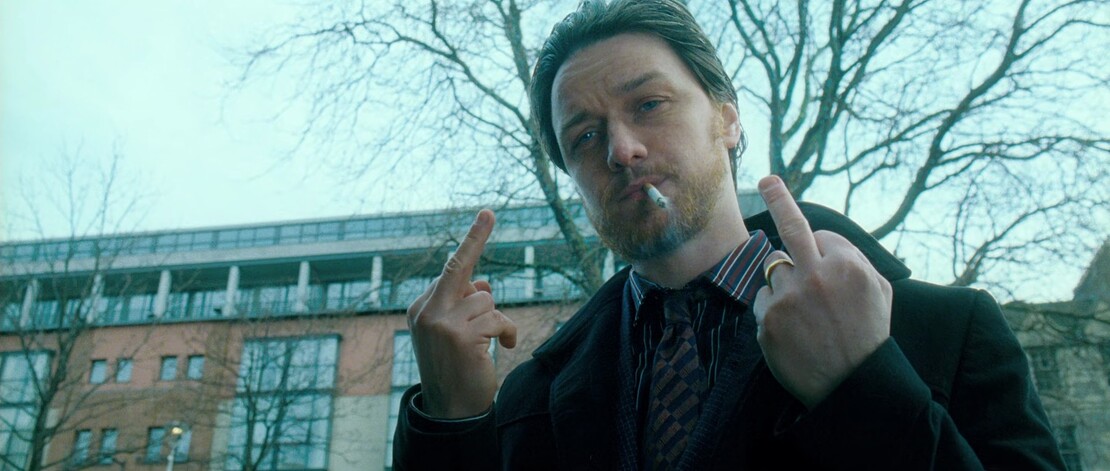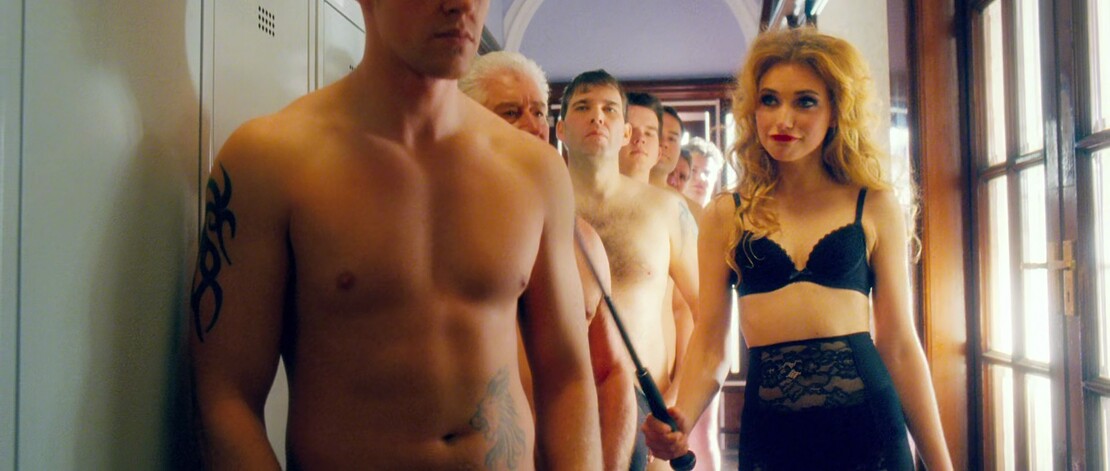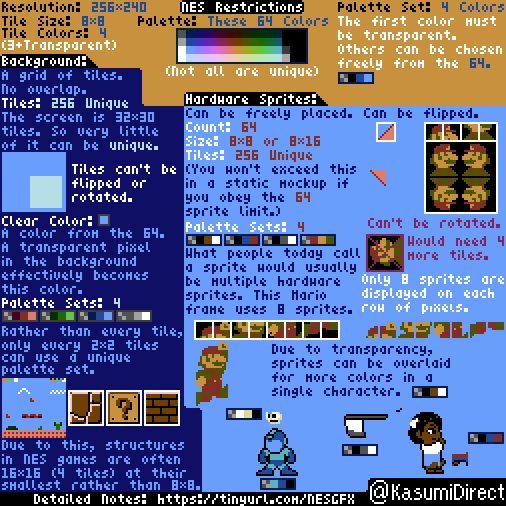Based on the strength of Jon Baird’s direction in this Tetris movie, I just watched Filth, which Baird wrote and directed about ten years ago. Think of it as Bad Lieutenant: Port of Call: Scotland. James McAvoy plays a very corrupt and very Scottish policeman.
The perspective is very very first-person. The plot traces his spiraling descent into being very very bad at his job, complete with mental health issues represented by jump scares, which are my single favorite thing in movies (they were entirely appropriate, but I still hated them).
Baird has done a lot of British TV over the years, but I specifically wanted to watch something cinematic, and sure enough, Filth fit the bill. It’s a no-holds-barred Scottish “fuck you” in the same vein as Trainspotting. Okay, not technically the same vein, given that it’s not about heroin. But otherwise, Trainspotting with cops instead of junkies, and all of them very Scottish. So in that same vein.
And it’s got pretty much every UK actor I like in it. Not the usuals who you’ll find in a Harry Potter movie; the other UK actors. Kate Dickie, Jim Broadbent, Eddie Marsan, Imogen Poots, Jamie Bell, cute little Shirley Henderson, and some new ones I really liked (especially a hilarious fellow named John Sessions as the commissioner). And, of course, McAvoy really works it. This is the same McAvoy who tore into M. Night Shyamalan’s Split with such gusto. I see now where he laid the groundwork.
In Filth, you can also clearly see Baird’s style, which is further developed by the time he directs Tetris. Very rapid-fire, very personal and direct, very much about keeping the audience on their toes, pacing, pacing, pacing. Of course Matthew “Kingsmen and Kick-Ass” Vaughn recognized a kindred spirit and produced Baird’s Tetris movie!
Filth is especially intriguing for it’s eleventh hour reveal, and I can’t imagine it would go over well today. It feels so clumsily out of sorts with the times. SPOILER: the outlet, if not the cause, of McAvoy’s descent into madness is his dysfunctional transgenderism.
I don’t necessarily recommend Filth, as it’s a rawer and more abrasive version of what Baird did with Tetris. But it’s clearly the same style, and it’s got a fantastically dark sense of humor, and an embarrassment of riches in the talent of its cast. Plus it’s got a Clint Mansell soundtrack where Mansell is doing that hardcore industrial grunge built-up like the music in 28 Days Later.
Also, Imogen Poots briefly has a non-terrible haircut for the duration of a split-second dream sequence. Check it out:

![Tetris - From Russia with Love [subtitles]](https://img.youtube.com/vi/NhwNTo_Yr3k/hqdefault.jpg)


